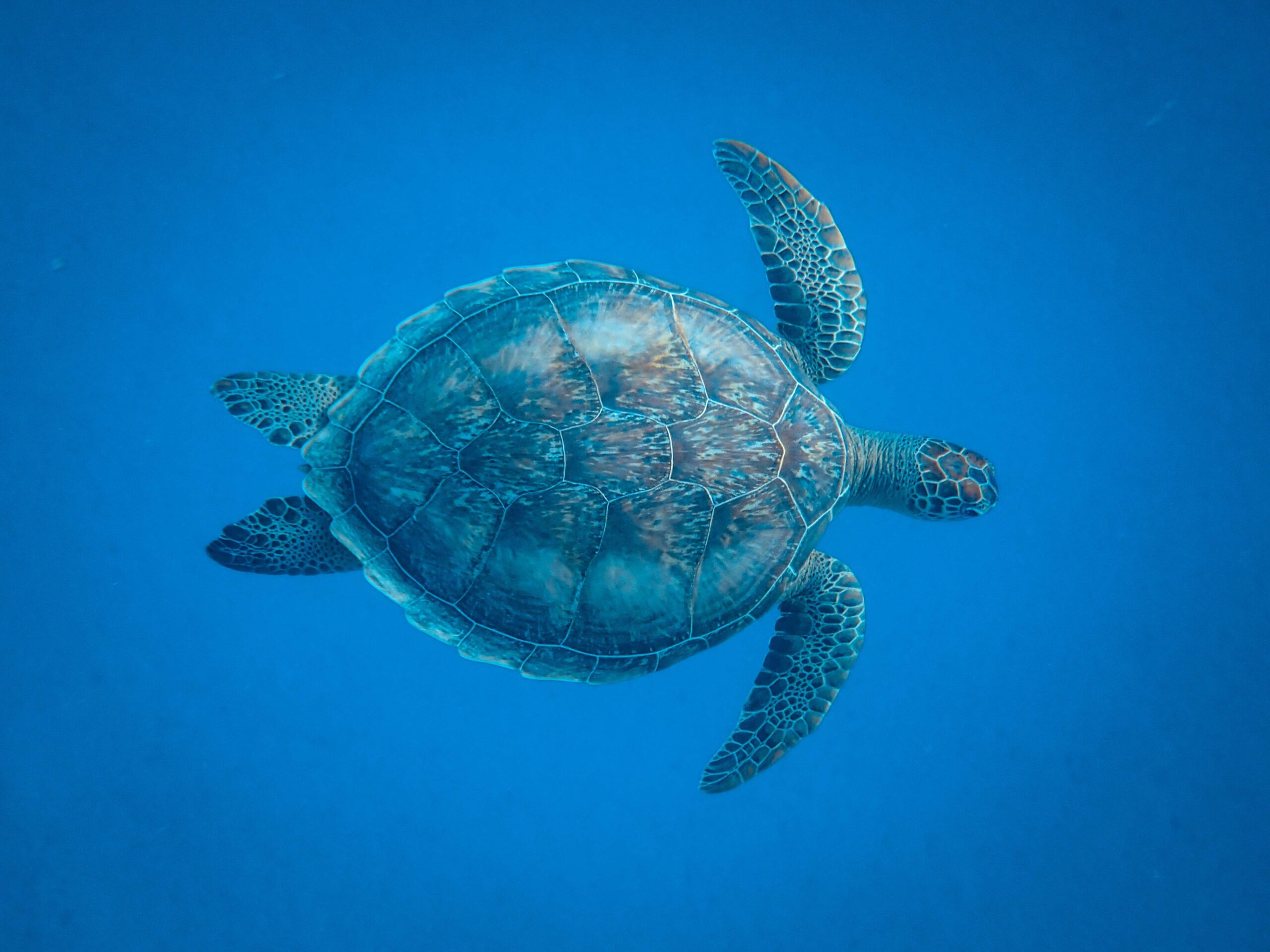When a feudal lord endangers the altars of the gods of earth and grain, he should be replaced. When the sacrificial animals are sleek, the offerings are clean and the sacrifices are observed at due times, and yet floods and droughts come [by the agency of heaven], then the altars should be replaced.—?Mencius
What would you say if I told you that there was once a land where the success and continuation of the reign of a king depended on the well being of not just the people but also the earth, water, air, flora and fauna? Where a natural calamity, be it a drought, an earthquake, a pandemic, flood etc., would be considered as inexcusable evidence that Heaven had withdrawn its mandate from the ruler, and another ‘just king‘ would/should replace him soon.
This country was China, the very country which has now, unfortunately, risen to become one of the largest polluters of the environment. The superior importance that their ancestors once placed on nature has been unceremoniously compromised for mankind’s needs and luxuries.
But is it the only country who has willingly played with the environment? No.
“When the last tree has been cut down, the last fish caught, the last river poisoned, only then will we realize that one cannot eat money.” – Alanis Obomsawin
The excitement of science, unsatisfiable curiosity, quest for more territory and the want for comfort, led mankind to callously experiment with nature. We may have started with innocent discoveries like wheel, ink, compass..but soon we found ourselves trapped in the temptation of more riskier ones like automobiles, oil rigs, plastic and nuclear power plants. We cut down our agricultural lands and built towers and industries instead. And then when we had no crops, we ravaged our oceans.
Plundering waters for food, digging rigs for oil and natural gas, accumulating marine debris including plastics, paper, wood, metal and other manufactured materials, mankind’s misadventures are the very reason our agricultural land and forests are shrinking, our air is polluted and cancerous, our ocean is covered with layers of plastic and toxic chemicals…
Our Ocean, Our Environment, Our Climate, Our Well Being
Tragically, the last few years have been quite detrimental to the world’s ocean health. The cases of illegal unregulated and unreported (IUU) fishing, deep-sea fishing by trawlers, underwater equipment and weapon testing, trafficking of endangered underwater flora and fauna etc., have not just contributed to marine pollution but have also been considered a major contributor to climate change by various researchers and scientists. In fact, the recent trend of overfishing and IUU fishing by foreign trawlers has proved to be the worst manmade mayhem of our times, affecting not just our oceans but also the local fishing communities whose only source of livelihood are these oceans. As these trawlers use large, heavy nets, they don’t just overfish but the process of dragging and laying these nets also tends to inflicts damage on other ocean life.
Apart from illegal and excessive fishing, the increase in shipping traffic is yet another major polluter of oceans. An increase in traffic primarily means an increase in the carbon deposits, on ice and snow, and an increase in temperature and associated natural disasters. However, the most profound effect of increased maritime traffic is – increase in the risk of coastal accidents and fuel leakage/spills. If you are wondering, how much trouble can a small fishing boat cause…rewind to the 2019 incident in the South China Sea, when a Chinese fishing boat collided with a Philippine vessel, thereby causing an intense situation between the two countries and a heightened military state in the region. We got lucky that the countries were able to resolve the issue diplomatically.
“Our planet’s alarm is going off, and it is time to wake up and take action!” – Leonardo DiCaprio
Every year from June 7 to 13, is celebrated as World Ocean Week, with a new theme and a new pledge. This year, as some parts of the world start to reorganise life post-Covid-19 pandemic, the theme “The Ocean: Life and Livelihood” seems completely apt. While we start to rebuild the economy, this year our prime motive should be to ensure that our oceans and all water bodies are protected and integrated with our plans for development.
“Sooner or later, we will have to recognise that the Earth has rights, too, to live without pollution. What mankind must know is that human beings cannot live without Mother Earth, but the planet can live without humans.” – Evo Morales

